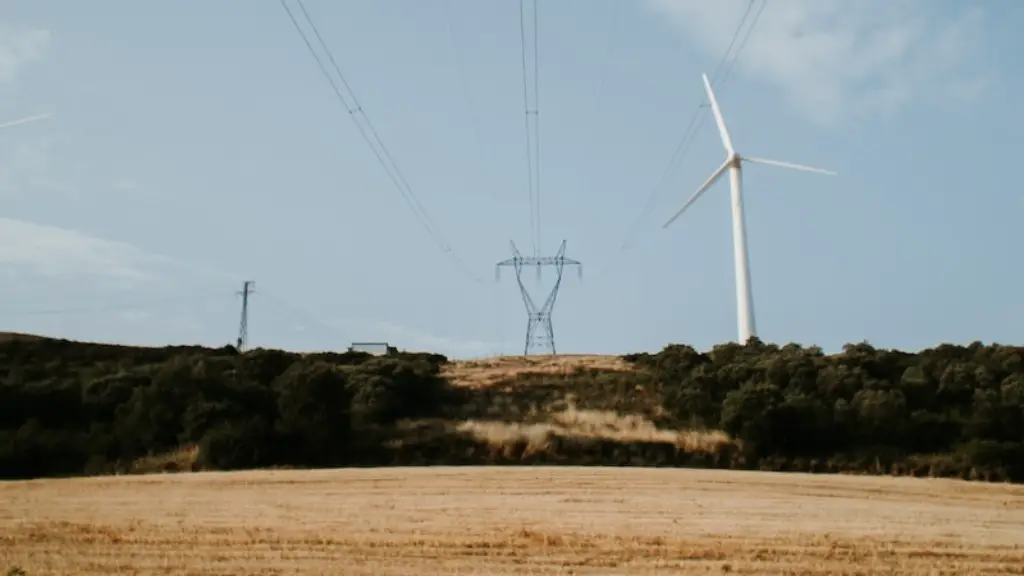It is impossible to accurately estimate how long the Earth has left with regards to global warming, due to the uncertainties of the science behind it and the lack of effective action being taken by world leaders. It is nevertheless one of the biggest threats of our time and we must understand the implications in order to properly assess the issue. As we continue to rely heavily on fossil fuels and our planet experiences hotter temperatures, glaciers and other forms of ice are melting, resulting in ever-rising sea levels. If unchecked, the Gulf Stream that currently regulates our oceanic temperature may weaken or even shut down, leading to an increasingly warmer global climate. This could in turn lead to drastic weather changes, floods, droughts, and the destruction of entire eco-systems, ultimately making human existence untenable in certain parts of the world.
Since the industrial revolution, the levels of carbon dioxide in the atmosphere have been steadily increasing, exacerbating global warming and its effects. Although the Paris Climate Agreement has been signed, many countries continue to operate without any climate objectives, threatening the stability of our planet’s climate and future. The World Meteorological Organization predicts that if no drastic action is taken, the average global temperature is likely to increase by more than 3 degrees Celsius by the end of this century. Such an increase could result in severe flooding of islands, coastal cities and areas of low-lying land; destruction of coral reefs and other fragile habitats; the extinction of many plant and animal species, and a lack of drinkable water and arable land.
Various predictions show that the effects of global warming will continue no matter what measures are taken, though the extent depends largely upon our actions. Scientists recognize that there is no single solution to climate change, but it is possible to slow it by reducing carbon dioxide emissions, as well as by introducing green initiatives such as carbon dioxide-capturing technology, and more efficient and renewable energy sources. We must also increase our focus on adapting to the changing climate, particularly in areas with large and vulnerable populations. Governments need to shift towards sustainably utilizing natural resources and increasing public awareness of the issue.
The truth is that global warming is already happening, and the longer we ignore it, the more difficult it will be to reverse its impacts. For this reason, it is crucial that world leaders and decision makers work together now to institute positive changes. Each one of us too must take responsibility and make a concerted effort to reduce our environmental footprints. Only in this way can we work to ensure that the Earth has a future, and that generation after generation will be able to live in a healthier, safer and more sustainable world.

